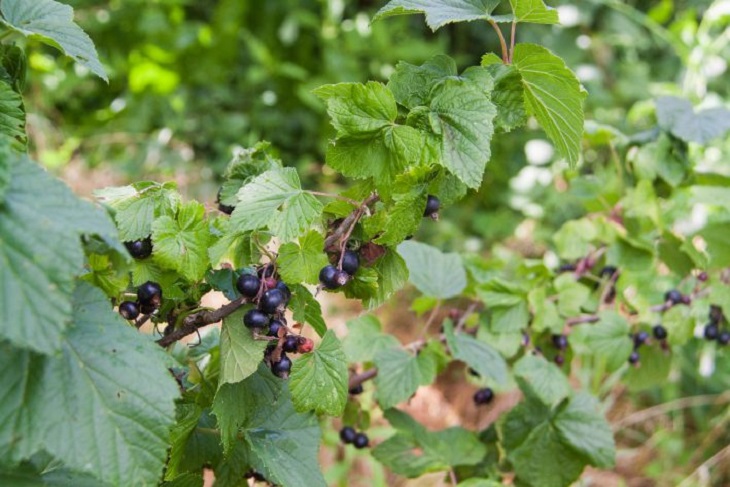Summer residents who grow currants are often disappointed: the bushes bloom, but there are no berries.
The alarm should start sounding when there are no fruits in the second or third year after planting. There are several reasons why this happens.
Wrong kind
Some varieties of currants do not like the cold. If the plant is not satisfied with the climate, then you may not get a harvest.
Wrong place
Currants like sunny areas and moderate watering. The plant can also tolerate partial shade. The bush does not like drafts and acidic soil.
For example, currants do not grow well next to hydrangea or thuja. The fact is that these crops like acidic soil.

Lack of moisture
Currants need regular watering if rainfall is rare. For example, it is necessary to moisten the soil during the period of ovary formation, as well as during fruit formation.
After harvesting, you should not forget about watering. An adult bush needs about 1-2 buckets.
Spring fertilization
There is no better stimulator of fruiting than fertilizing. In spring, currants are fertilized with humus or compost, and before that, about 300 g of wood ash is scattered under each bush.








